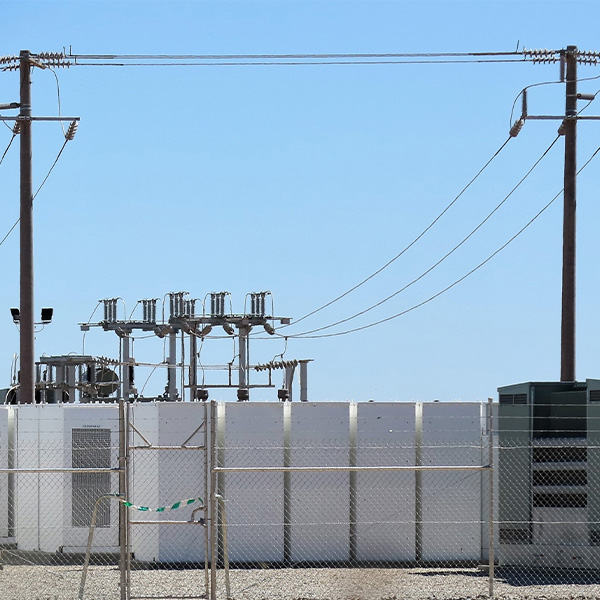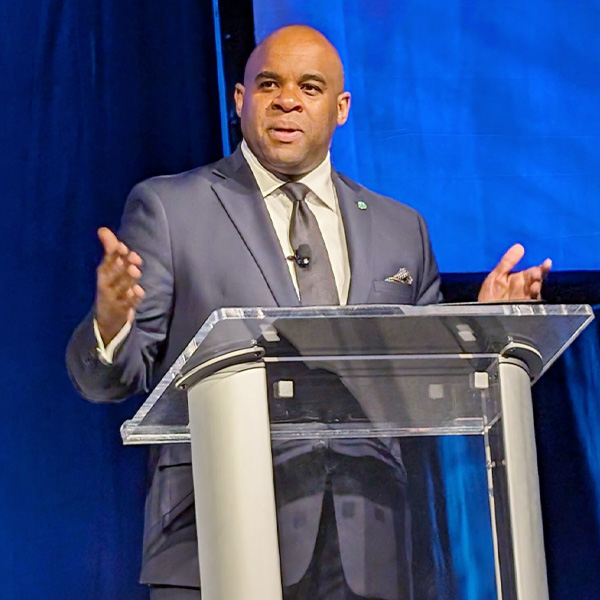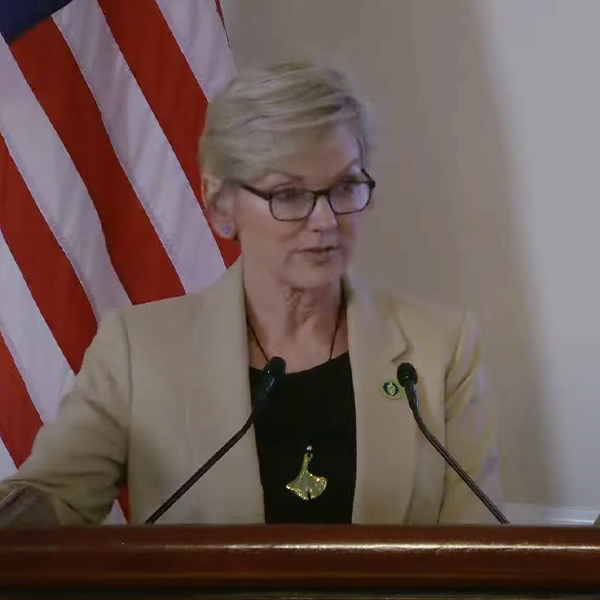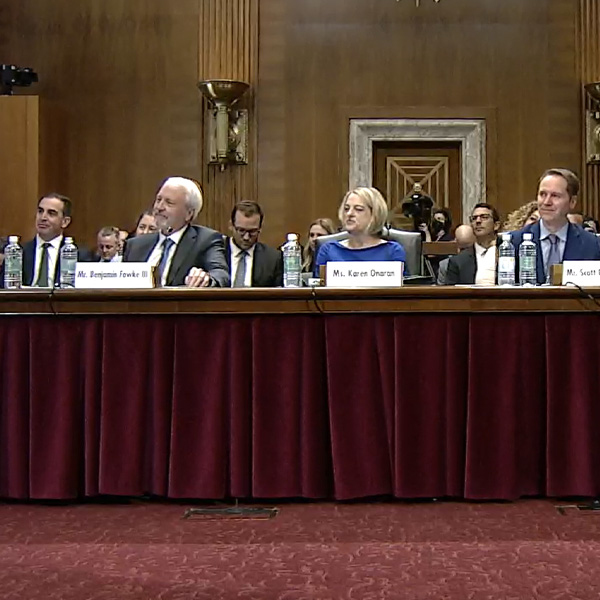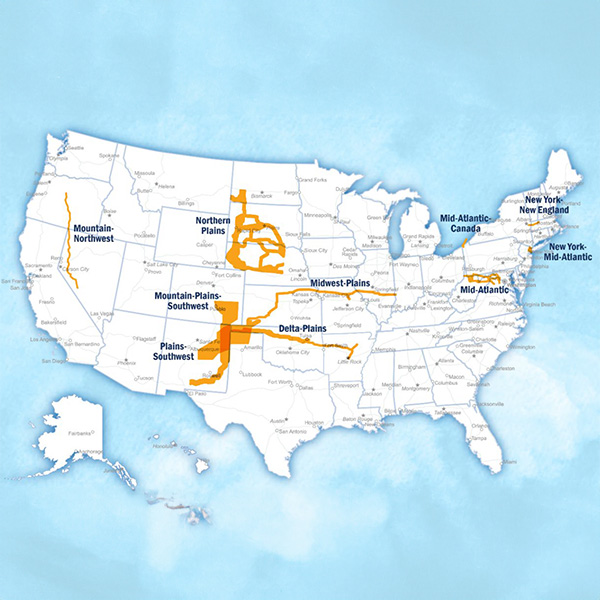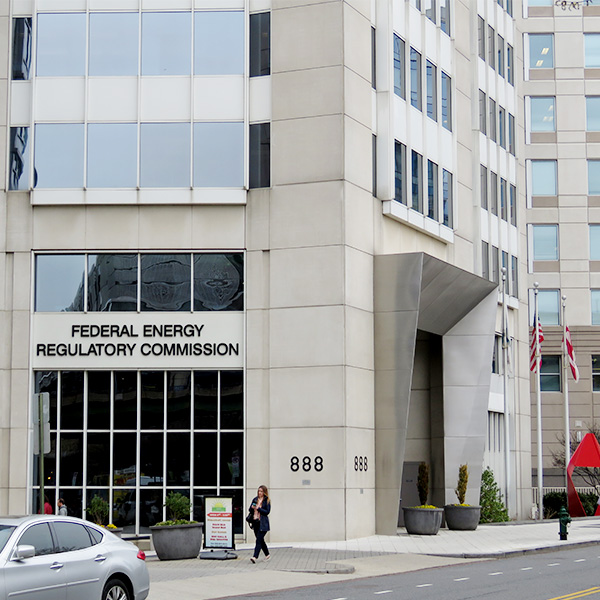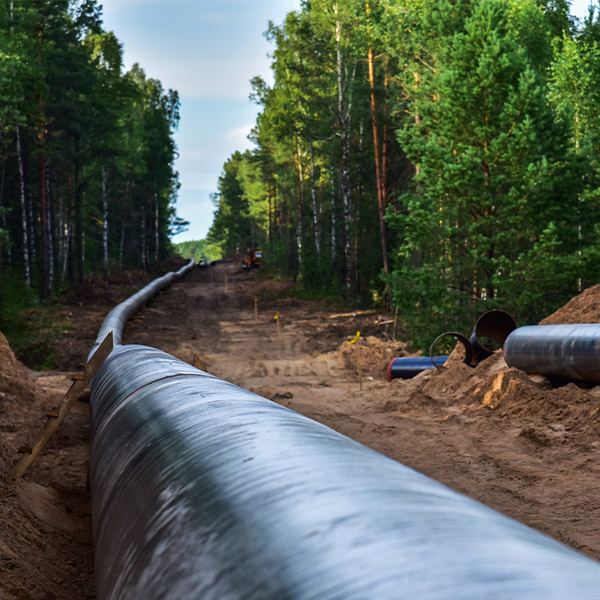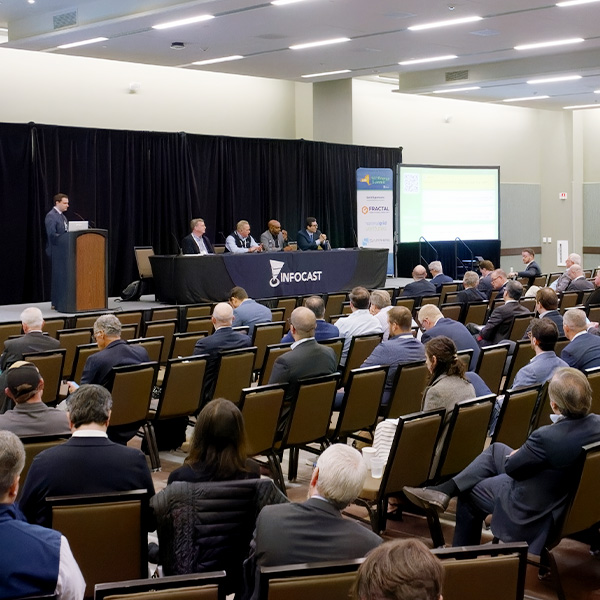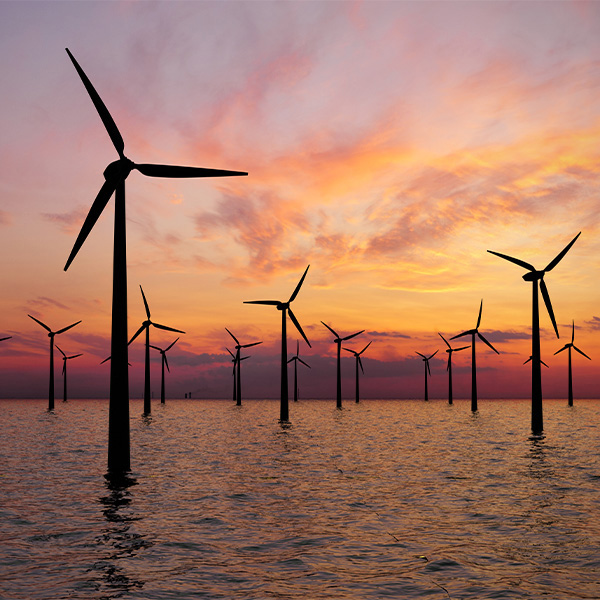Federal Energy Regulatory Commission
The Federal Energy Regulatory Commission is an independent regulatory agency that oversees the transmission of electricity, natural gas and oil in interstate commerce, as well as regulating hydroelectric dams and natural gas facilities.
FERC Order 1920 could help move the bar significantly on more efficiently expanding the transmission grid, but its ultimate success depends on how it and other policies are implemented, stakeholders say.
The use of distributed energy resources can reduce grid costs, delay system upgrades, authors contend.
Speaking at the Exelon Innovation Expo, Phillips stressed FERC Order 1920's innovative approach to long-term planning for regional transmission, with a focus on reliability, affordability and sustainability.
States participating in the Federal-State Modern Grid Deployment Initiative have committed to supporting the adoption of advanced grid solutions that expand capacity and add capabilities to existing and new transmission and distribution lines.
Sen. Joe Manchin rebuffed Majority Leader Chuck Schumer's assertion that permitting reform was dead in the current Congress during an Energy and Natural Resources Committee hearing on load growth from data centers.
DOE is looking to boost interregional transmission with its announcement of 10 proposed National Interest Electric Transmission Corridors, where projects could be eligible for a share of $2 billion in federal loans and special permitting under FERC’s backstop siting authority.
FERC has worked to restructure the power industry for nearly three decades, and is poised to take another major step forward on that front with the transmission rule next month, panelists said on a Americans for a Clean Energy Grid webinar.
FERC rejected rehearing requests on the expansion of the Gas Transmission Northwest pipeline’s capacity into the Northwest over three states’ objections and Commissioner Allison Clements’ dissent.
Transmission development and siting reform were a central theme at the 2024 New York Energy Summit.
FERC approved the participation of PJM in New Jersey’s second solicitation for transmission to interconnect offshore wind, as the state Board of Public Utilities evaluates proposals submitted by the solicitation’s April 3 deadline.
Want more? Advanced Search

